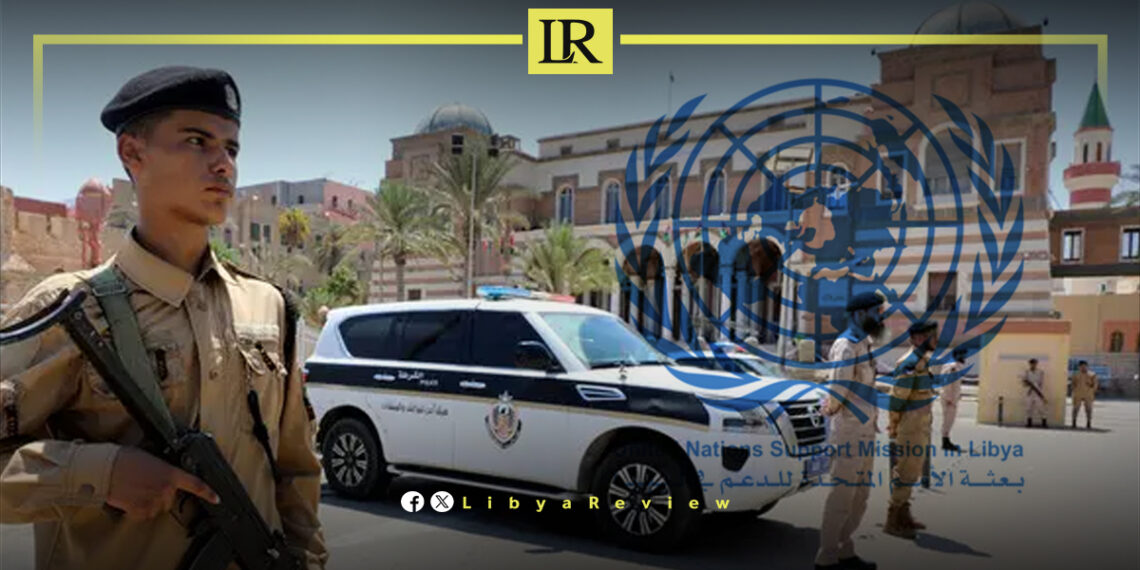On Thursday, the United Nations Support Mission in Libya (UNSMIL) expressed regret over the inability of representatives from the Parliament and the High Council of State to reach a final agreement on resolving the ongoing Central Bank of Libya crisis.
For the second consecutive day, UNSMIL facilitated discussions between the two parties, aiming to break the deadlock and restore the Central Bank’s vital role in stabilizing Libya’s financial system.
While some progress was made regarding the principles and timelines for appointing a new governor and board of directors, the mission voiced disappointment that no conclusive resolution was reached. The UN emphasized the urgency of addressing the Central Bank crisis, warning that its continuation threatens both Libya’s economy and its international relationships.
UNSMIL urged all Libyan stakeholders to put national interests above political rivalries and remove the Central Bank from political conflicts. The mission also stressed that unilateral decisions by various factions further erode trust and exacerbate institutional divisions, calling for a meaningful and inclusive dialogue as the only viable path forward.
The Central Bank of Libya has been a focal point in the country’s ongoing political and economic struggles. Since the 2014 division of Libya into eastern and western factions, both sides have vied for control over key state institutions, including the Central Bank, responsible for managing the country’s oil revenues and financial stability.
The inability to agree on a unified leadership for the Central Bank has left it fragmented, weakening its capacity to manage the economy, pay public sector salaries, and oversee vital oil revenues. The ongoing deadlock over appointing a new governor and board has only deepened the crisis, further straining Libya’s already fragile financial system.
The Central Bank crisis is not just a financial issue but a significant obstacle to economic recovery. Without a functioning Central Bank, Libya risks further economic decline, increased institutional divisions, and a breakdown in its international relationships. The UN’s mediation efforts are crucial in resolving this crisis, but the failure to reach a final agreement underscores the country’s deep-rooted challenges.


